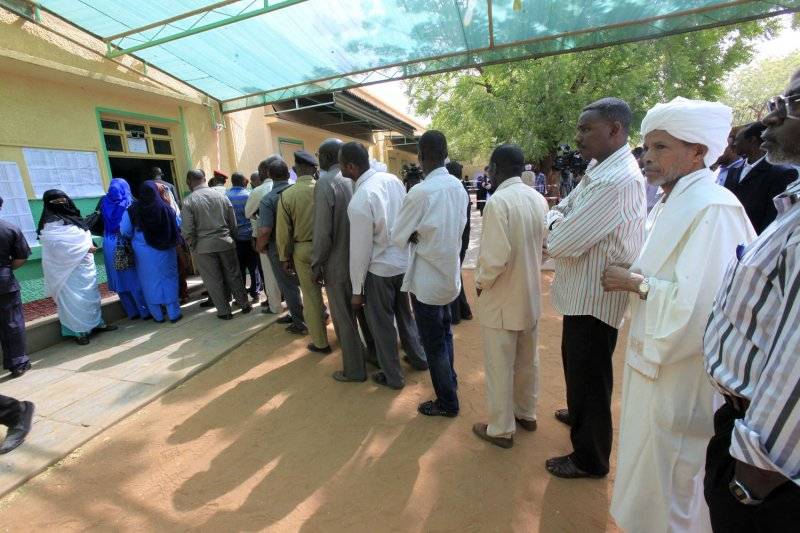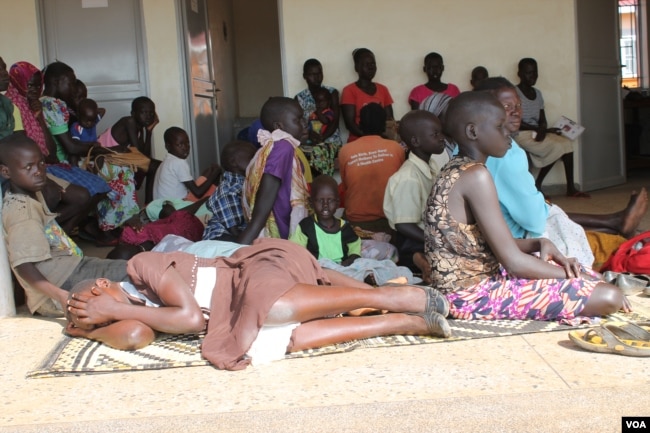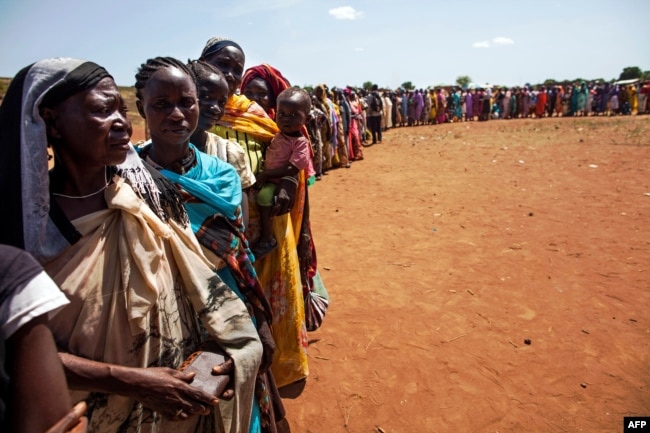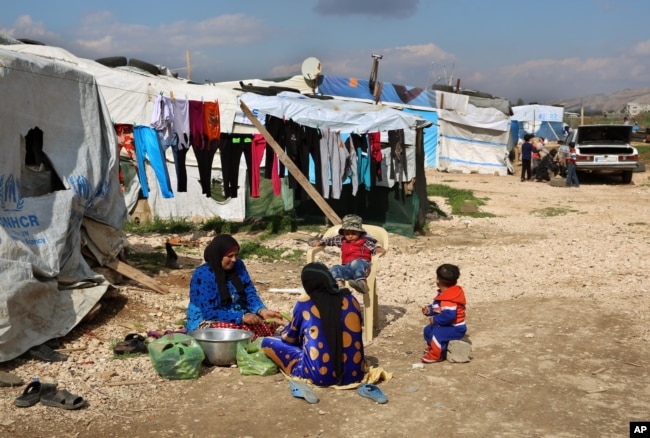Annie
Diamond Member
- Nov 22, 2003
- 50,848
- 4,827
- 1,790
I wish Nato was around. I've been watching a virtual field trip from the Holocaust Museum, for the past hour and a half. The USHM has declared that what is going on in the Sudan IS genocide.
http://ali.apple.com/
Go to The Holocaust Museum Experience: Exploring Daily Decision-Making
Powerful...
http://ali.apple.com/
Go to The Holocaust Museum Experience: Exploring Daily Decision-Making
Powerful...






